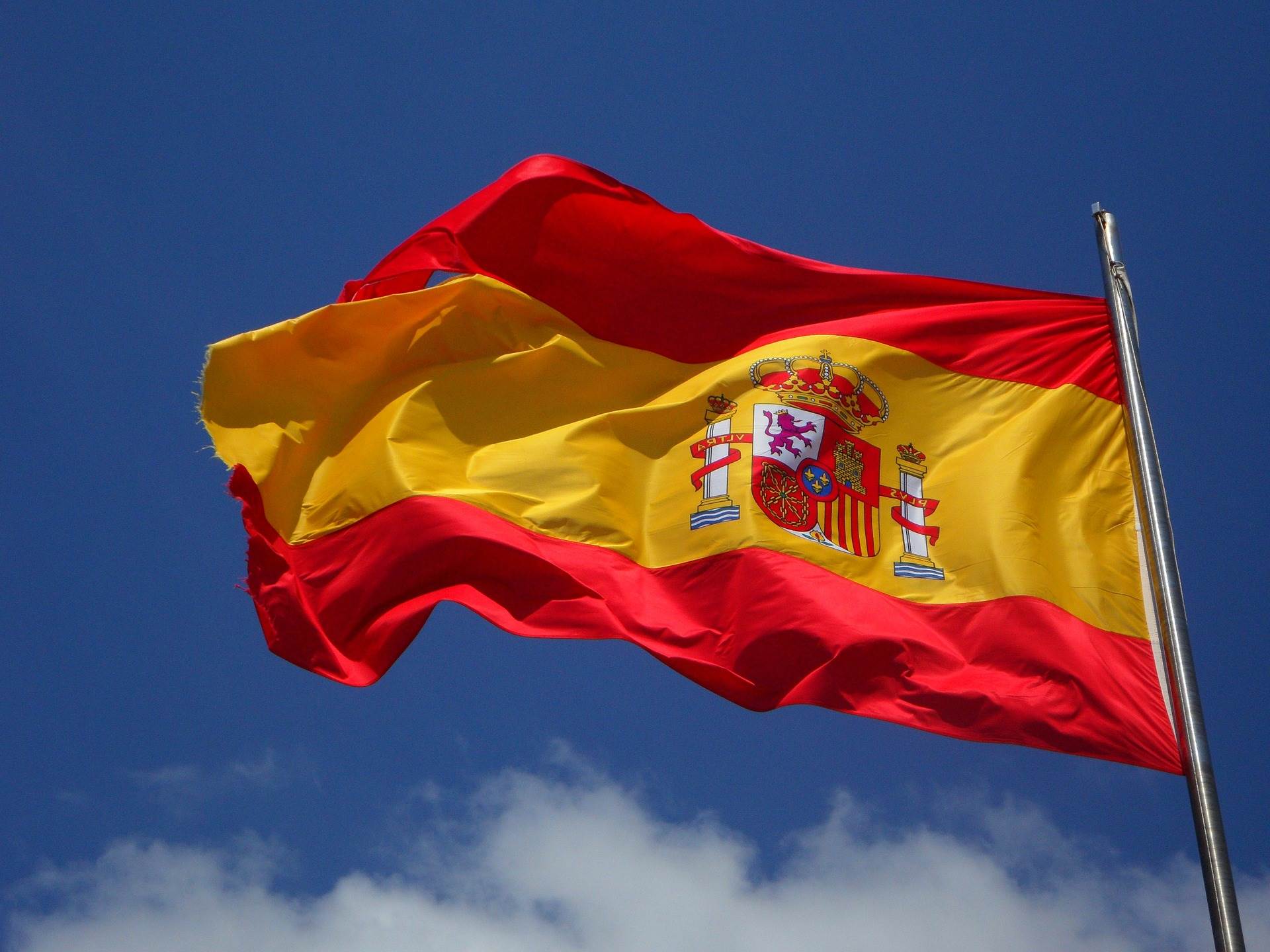 The Spanish electorate is to be asked to go to the polls for the fourth time in as many years in an attempt to break the political deadlock following the last elections in April.
The Spanish electorate is to be asked to go to the polls for the fourth time in as many years in an attempt to break the political deadlock following the last elections in April.
The April elections left the socialist PSOE as the largest party, but well short of the seats it needed to rule on its own. Since then, its leader, and acting PM, Pedro Sanchez, has been attempting to form a coalition administration, but, ultimately, to no avail.
The new poll will take place on 10th November 2019, but it remains to be seen if it will resolve the deadlock. Until now, the Citizens’ party has refused to consider a coalition with PSOE; PSOE will not work with Unidas Podemos, a far-left anti-austerity alliance.
The People’s Party (PP), a conservative grouping, is predicted to be the second largest party behind PSOE in the November poll, gaining more seats than in April’s vote, probably at the expense of the Citizens’ party which is likely to lose between 19 and 23 seats, according to opinion polling. Traditionally, the political right in Spain voted for PP, but its vote has been split by a rightwards movement of the Citizens’ Party and the emergence of a far-right movement, Vox Party.
Spain has the fourth largest economy in the Eurozone, behind Germany, France and Italy. Inflation in the country is running at 0.3%, well below the ECB target figure (for the Eurozone as a whole) of 2%. Unemployment in Spain remains well above the Eurozone average of 7.5%, standing at 14%, but it has almost halved from a level of 26.9% in Q1 2013. Spain was badly hit by the Global Financial Crisis which triggered a real estate crash, and by the European Sovereign Debt Crisis which saw Spain having to ask for a bailout of its financial sector (although it avoided the need to follow Greece and Ireland into a full-blown sovereign debt bailout involving the Eurozone and IMF).
